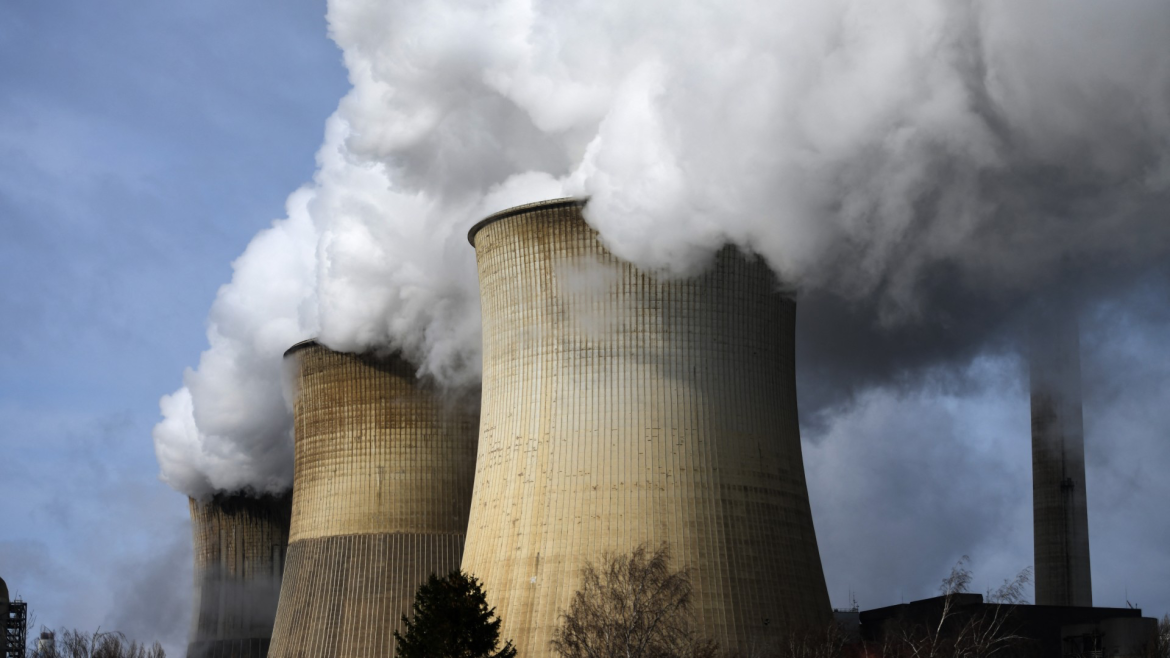South Africa’s Presidential Climate Commission has delivered a pointed critique of the Energy Ministry’s latest energy plan, arguing that it falls short in addressing the nation’s power supply crisis, environmental concerns, and obligations under international climate agreements. This rebuke underscores a growing divide within the government over the future direction of South Africa’s energy policy, particularly concerning the continued reliance on coal.
The commission’s review of the Integrated Resource Plan (IRP), which is currently open for public commentary with a final version expected by May, brings to light the urgency for a more comprehensive strategy. The IRP’s current form, according to the commission, lacks a clear path to energy security and overlooks critical issues like climate change and air quality.
Energy Minister Gwede Mantashe’s hesitance to move away from coal, citing electricity supply and job preservation, contrasts sharply with the Presidential Climate Commission’s push for a transition to green energy. This standoff is exacerbated by ongoing power supply issues that have placed a significant strain on South Africa’s economy, with coal-fired power plants—accounting for over 80% of the country’s electricity—facing frequent breakdowns.
South Africa ranks as the world’s 15th largest emitter of greenhouse gases, boasting one of the most carbon-intensive economies globally. The regions east and south of Johannesburg, in particular, suffer from some of the worst air pollution levels worldwide, exacerbated by the density of coal-powered stations and industrial activities.
The commission’s feedback raises alarms not only about the environmental and health implications of the current energy strategy but also about its potential to exacerbate inequality and miss opportunities for cheaper, more sustainable power-generation technologies. Critics within the renewable energy sector have also voiced concerns that the plan’s ambition to construct over 100 gigawatts of diverse power generation capacity by 2050 is not sufficiently bold.
Moreover, the Climate Commission is calling for an aggressive approach to address load shedding by 2030 and demands a thorough review of air quality impacts on technology selection, emphasizing that this is not just a recommendation but a legal necessity.
This unfolding debate places South Africa at a crossroads, challenging the nation to reconcile its energy needs with environmental sustainability and global climate commitments. As the public and stakeholders weigh in on the IRP, the coming months will be crucial for determining whether South Africa can chart a new course towards a cleaner, more equitable energy future or remain tethered to its coal-dependent past. The Presidential Climate Commission’s critique serves as a clarion call for a more ambitious, environmentally conscious energy policy that aligns with both national interests and global standards for sustainability and climate action.



